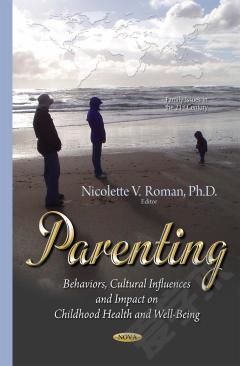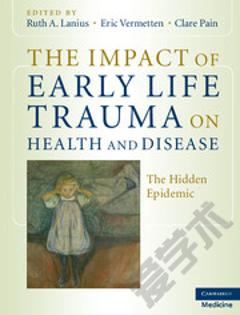Activities of Daily Living (ADL): Cultural Differences, Impacts of Disease and Long-Term Health Effects
Alzheimer’s disease (AD) is a debilitating neurodegenerative disease which commonly occurs later in life. In the early stages of AD, everyday tasks such as making a cup of coffee, managing finances and other tasks which require complex interaction with the environment, become difficult for an individual to perform. These tasks facilitate independent living and quality of life, and are referred to as Instrumental Activities of Daily Living (IADL). However, as this disease progresses, even basic activities of daily living (BADL), such as bathing, toileting and eating meals, which are fundamental to self-care, become difficult to carry out unaided. This book examines the cognitive and neural correlation AD has on ADL. Furthermore, the book discusses the quality of life of patients with knee osteoarthritis; real-time fall detection systems that aim for fall prevention; disability and ethnicities; hand functionality during activities of daily living; and rehabilitation strategies used to promote independence in daily living tasks for people with cognitive impairments.
{{comment.content}}








 京公网安备 11010802027623号
京公网安备 11010802027623号